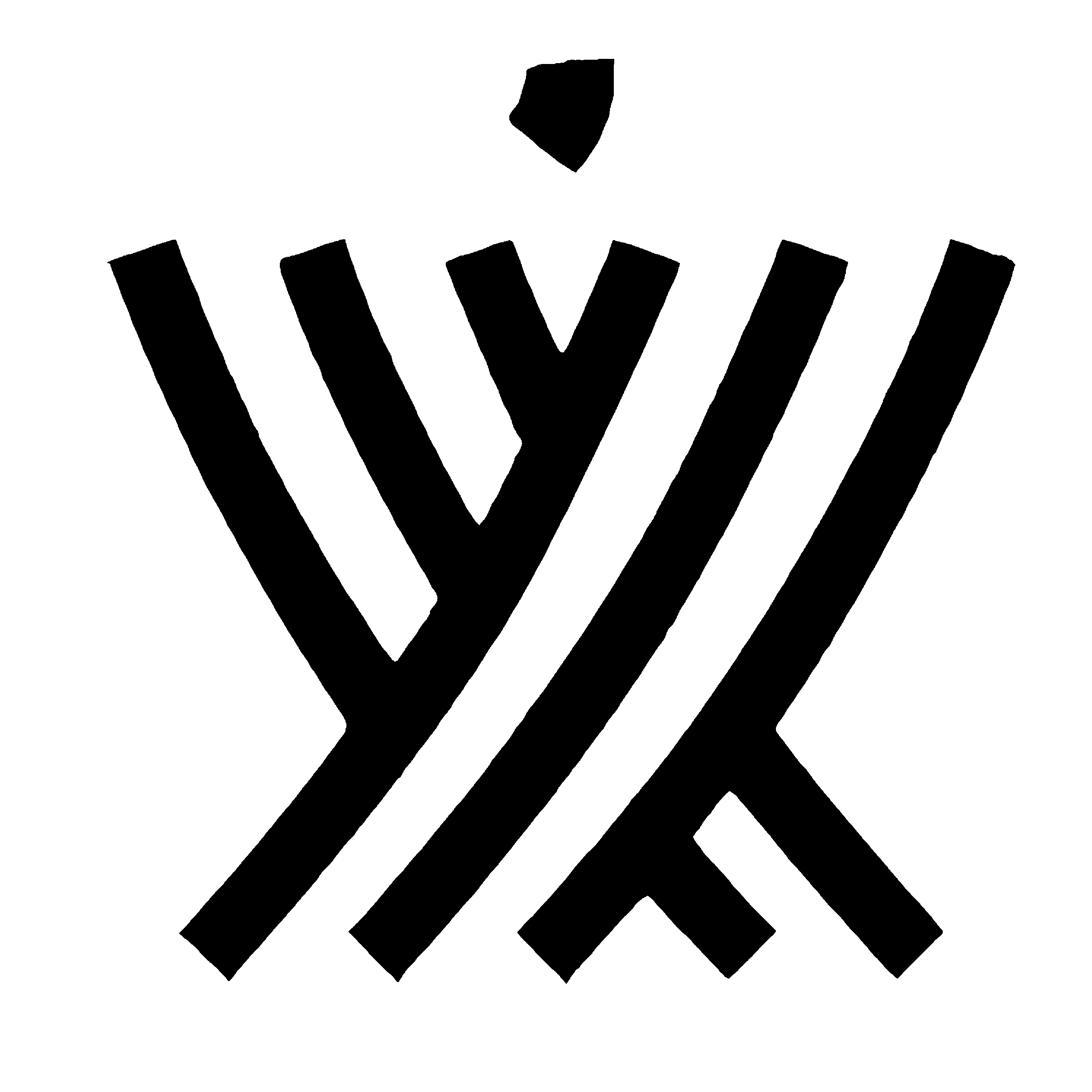
Chabad Japan Is Making all of Japan ready for the coming of the Messiah - The Lubavitcher Rebbe
Quick Links
Get In Touch
© Chabad Tokyo Japan 2025

Chabad Japan Is Making all of Japan ready for the coming of the Messiah - The Lubavitcher Rebbe
© Chabad Tokyo Japan 2025
יחי אדונינו מורינו ורבינו מלך המשיח לעולם ועד!